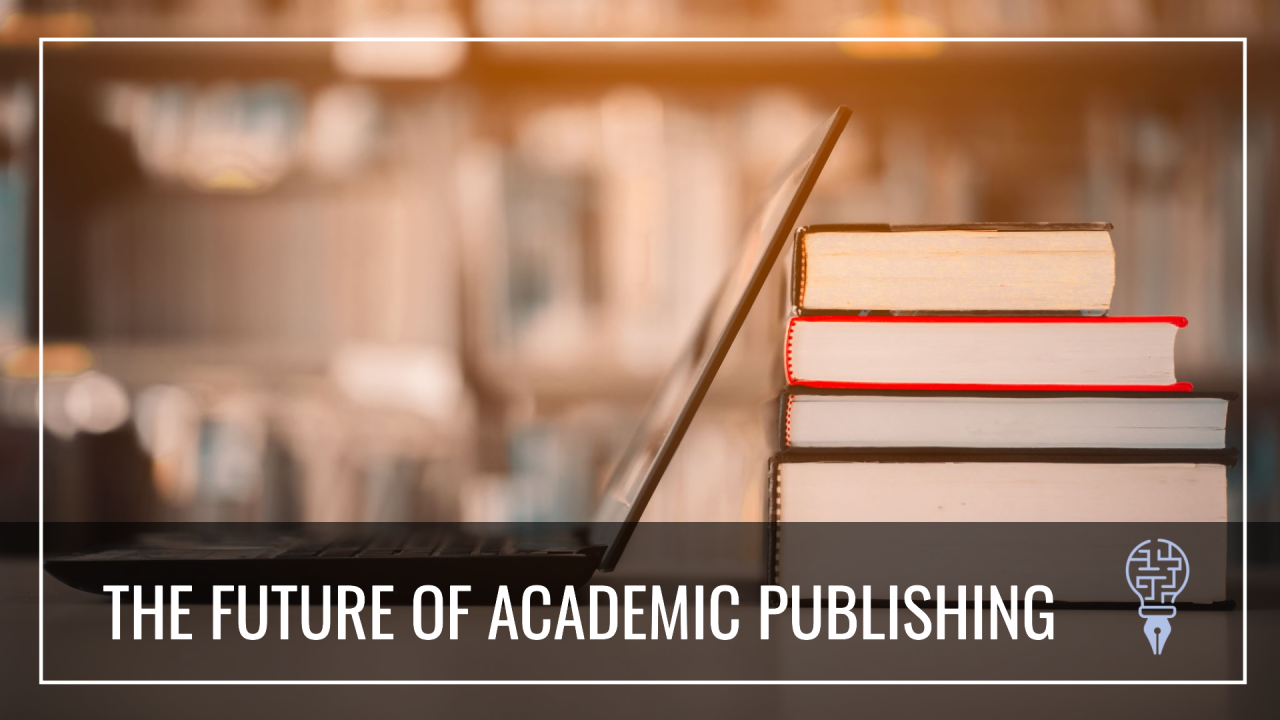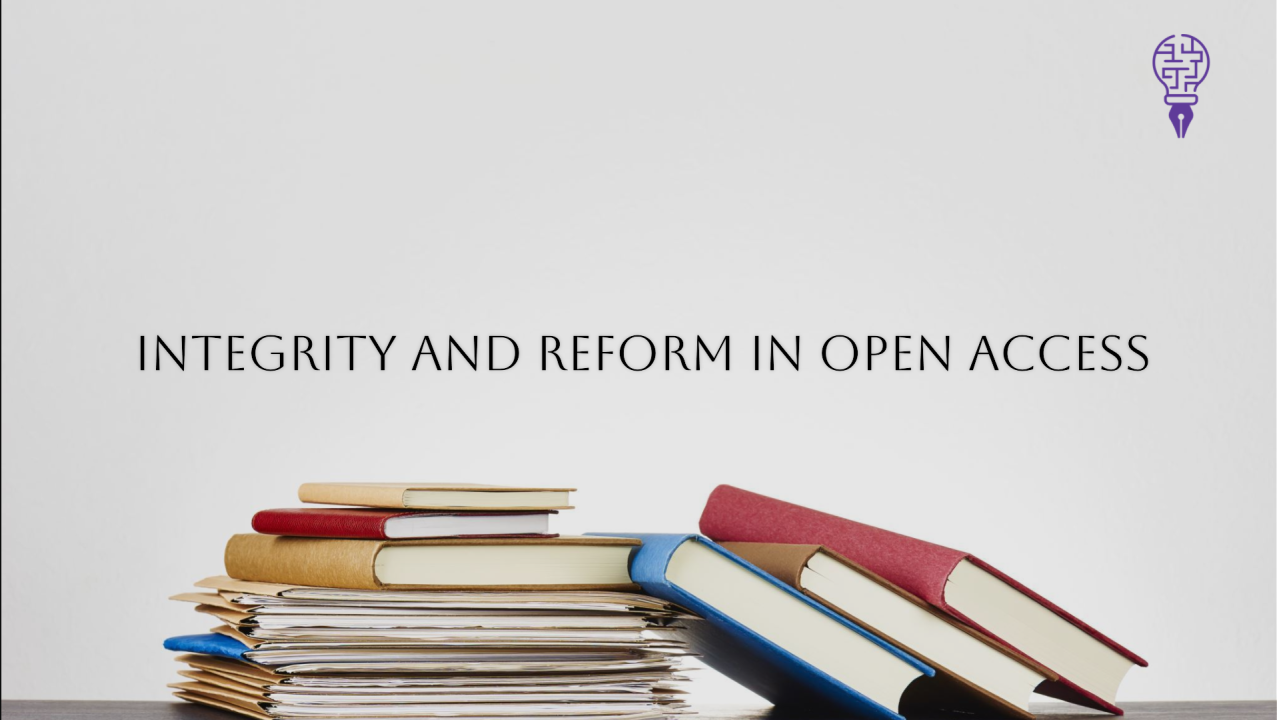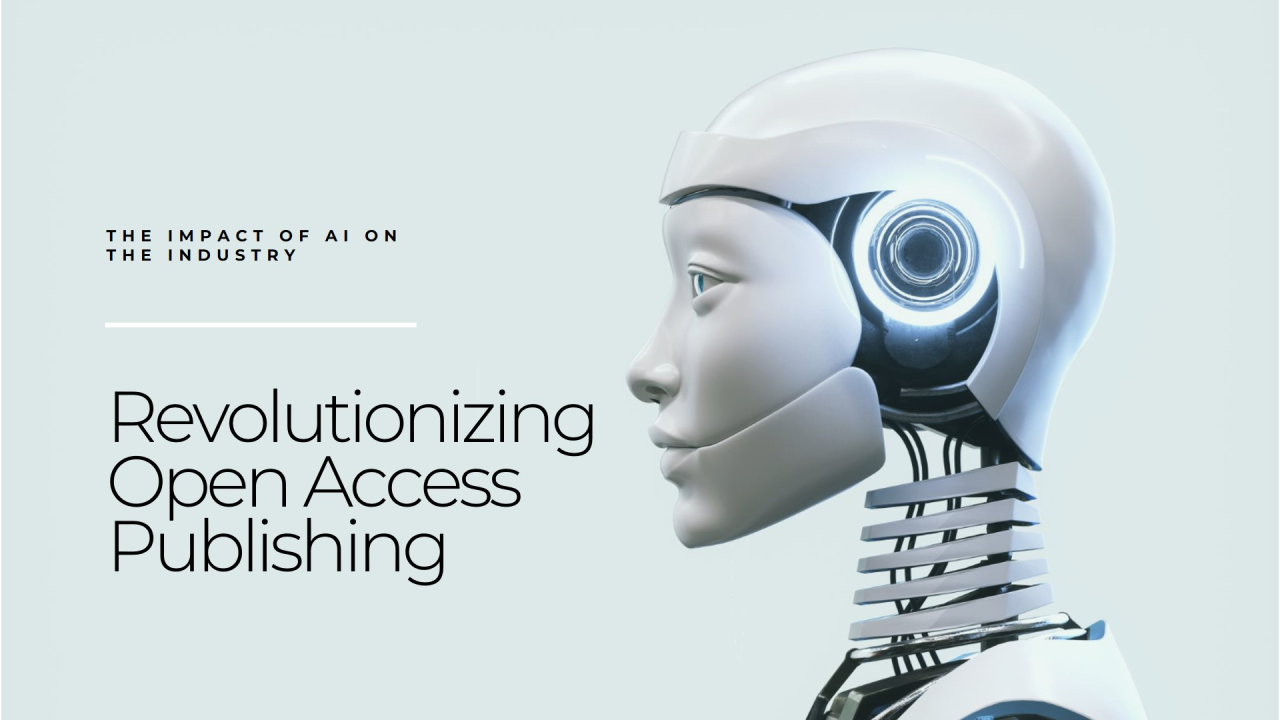CURRENT ISSUE
No Current Issue
Food Safety & Quality Control
Food Safety & Quality Control: Ensuring Safe, Contaminant-Free, and High-Quality Food
Introduction
Food safety and quality control are essential to protect public health, prevent foodborne illnesses, and maintain consumer trust. With the increasing complexity of global food supply chains, ensuring contaminant-free, high-quality food requires rigorous safety protocols, microbiological assessments, and regulatory compliance.
This category explores food safety research, quality assurance practices, and the latest advancements in contamination detection and risk mitigation.
Key Areas of Research
1. Microbial Safety and Foodborne Pathogens
Microbiological contamination is one of the leading causes of foodborne illnesses worldwide. Research in this area focuses on:
- Detection of Foodborne Pathogens – Salmonella, E. coli, Listeria, and Norovirus identification through advanced testing.
- Microbiological Risk Assessment – Predicting and mitigating risks associated with bacterial, viral, and fungal contamination.
- Preventive Measures & HACCP – Implementation of Hazard Analysis and Critical Control Points (HACCP) to minimize contamination risks.
- Antimicrobial Resistance (AMR) – Studying the effects of antibiotic resistance on food safety and public health.
2. Food Contaminants and Adulteration Prevention
Chemical, biological, and physical contaminants pose serious health hazards. Research explores:
- Heavy Metals & Chemical Residues – Monitoring contaminants such as lead, mercury, and pesticides in food products.
- Food Adulteration Testing – Detecting fraud in food products, such as diluted dairy, artificial colorants, and mislabeling.
- Mycotoxins and Natural Toxins – Studying fungal contamination in grains, nuts, and processed foods.
- Nanotechnology in Contaminant Detection – Using nano-sensors for real-time safety monitoring.
3. Regulatory Compliance and Global Food Safety Standards
Regulatory frameworks ensure food safety compliance across different regions. Key research areas include:
- ISO 22000 and HACCP Compliance – International standards for food safety management.
- FDA and European Food Safety Authority (EFSA) Guidelines – Regulations governing food production and labeling.
- Codex Alimentarius – Harmonization of global food safety standards.
- Food Recalls and Crisis Management – Effective strategies to handle contaminated food outbreaks.
4. Food Quality Control and Consumer Protection
Maintaining food quality requires consistent monitoring, testing, and traceability measures. Research highlights:
- Food Labeling Accuracy – Ensuring compliance with nutrition facts, ingredient listings, and allergen warnings.
- Shelf-Life Testing & Stability Studies – Determining product longevity under different storage conditions.
- Advanced Sensory Evaluation Techniques – Assessing taste, texture, and aroma quality through scientific methods.
- Supply Chain Traceability – Blockchain technology for tracking food origins and safety compliance.
Challenges and Future Directions
Despite advancements, the food safety industry faces challenges such as:
- Emerging Foodborne Pathogens – New bacterial and viral strains requiring innovative detection methods.
- Globalization of Food Supply Chains – Managing cross-border safety risks and food fraud prevention.
- Climate Change and Food Safety – Impact of environmental factors on food contamination risks.
- Consumer Trust and Transparency – Ensuring public confidence through clear labeling, safety certifications, and regulatory enforcement.
Future research aims to enhance food safety through AI-driven risk prediction, rapid pathogen detection, and automation in quality control.
Why This Research Matters
Advancements in food safety and quality control contribute to:
- Reducing Foodborne Illnesses – Preventing contamination through improved detection and monitoring.
- Enhancing Consumer Trust – Ensuring transparency and regulatory compliance in food production.
- Strengthening Food Security – Ensuring the availability of safe and high-quality food for global populations.
- Improving Industry Standards – Advancing regulatory compliance for better food safety governance.
Food safety and quality control are fundamental to public health and industry success. Researchers, industry experts, and regulatory authorities play a vital role in developing new safety protocols and innovative food protection strategies.
NUTRA invites contributions that explore the latest food safety breakthroughs, contamination control measures, and industry best practices.
Submit your research today to contribute to a safer and healthier food ecosystem!















